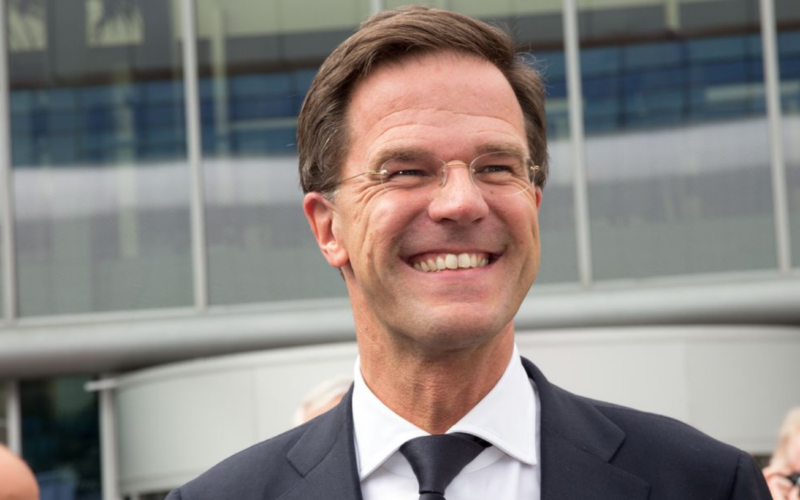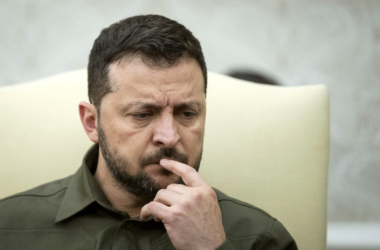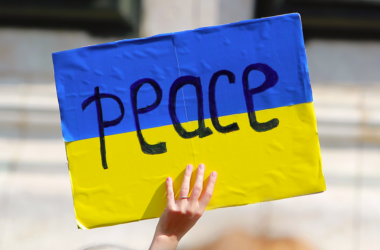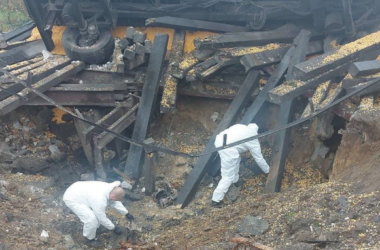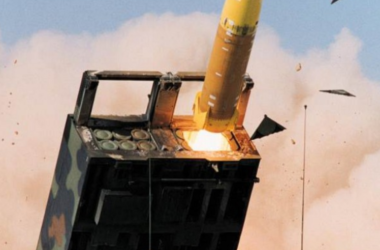In a strategic move that underscores geopolitical considerations and the evolving security landscape, Dutch Prime Minister Mark Rutte is urging the European Union (EU) to conclude a €5 billion arms deal with Ukraine. This pressing call for collaboration in the realm of defense highlights the complex dynamics at play in the region and the broader implications for European security.
The proposed arms deal with Ukraine carries significant weight, reflecting the geopolitical tensions and security challenges faced by European nations. Prime Minister Rutte’s advocacy for the EU to commit to a €5 billion agreement emphasizes the importance of collective defense efforts and the role of regional partnerships in fostering stability and resilience in the face of emerging threats.
The evolving security situation in Eastern Europe, particularly concerning Russia’s actions and influence, has prompted a reassessment of defense priorities within the EU. The proposed arms deal with Ukraine is a manifestation of the bloc’s commitment to reinforcing the capabilities of neighboring nations and fostering a collaborative approach to address shared security concerns.
Prime Minister Rutte’s role as a vocal proponent of the arms deal underscores the Netherlands’ commitment to proactive diplomacy and regional stability. The €5 billion investment in Ukraine’s defense capabilities is framed as a strategic measure to enhance the country’s ability to address security challenges independently and contribute to the broader security architecture in the region.
The call for the EU to reach a substantial arms deal with Ukraine is not only a response to immediate security considerations but also a reflection of the evolving nature of European defense policy. The proposed agreement signifies a departure from traditional defense paradigms and underscores the EU’s recognition of the need for a comprehensive and collaborative approach to address multifaceted security challenges.
As European leaders deliberate on the arms deal, considerations extend beyond immediate military capabilities. The proposed agreement is positioned as a means to strengthen diplomatic ties, foster regional resilience, and deter potential aggressors. It symbolizes a commitment to a unified and assertive European stance on security matters, reinforcing the EU’s role as a key player in the global geopolitical landscape.
The timing of Prime Minister Rutte’s call for the arms deal coincides with a broader reevaluation of defense strategies within the EU. The evolving nature of security threats, coupled with geopolitical shifts, necessitates a dynamic and adaptable approach to defense policy. The proposed agreement with Ukraine reflects a proactive response to emerging challenges and a commitment to collective security within the European community.
The €5 billion arms deal, if realized, would have far-reaching implications for Ukraine’s defense capabilities and its role in regional security. It also signals a willingness on the part of the EU to invest in the security of its Eastern neighbors, fostering a sense of solidarity and collaboration in the face of shared challenges.
In conclusion, Dutch Prime Minister Mark Rutte’s push for the EU to finalize a €5 billion arms deal with Ukraine is a strategic move that underscores the complex geopolitical dynamics and evolving security considerations within Europe. The proposed agreement reflects a commitment to regional stability, collaborative defense efforts, and a proactive approach to addressing shared security challenges. As European leaders navigate the intricacies of the arms deal, the outcomes will likely shape the future trajectory of European defense policy and influence the broader geopolitical landscape in the region.




